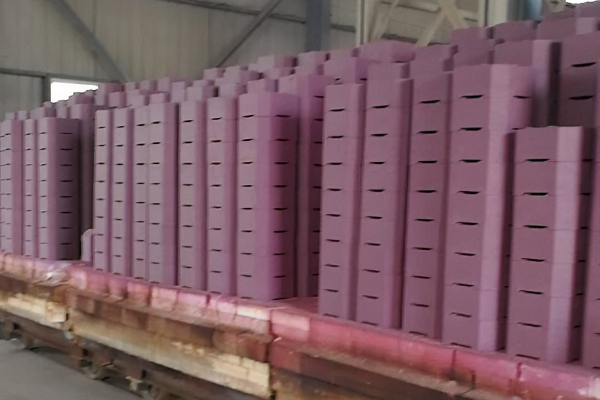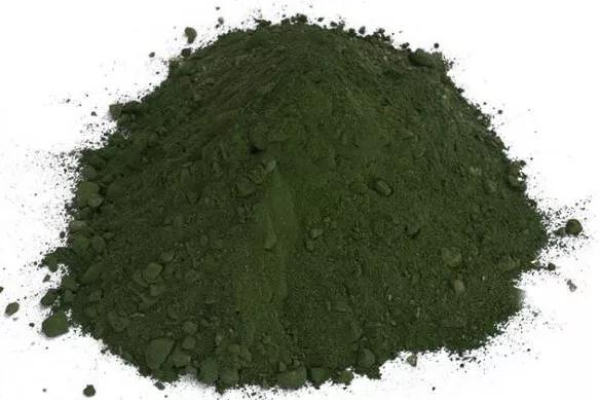Барномаи Chrome Corundum
Chrome corundum has excellent properties and is widely used in high-temperature fields with harsh environments, including non-ferrous metallurgical kilns, glass melting furnaces, carbon black reactors, waste incinerators, ва ғайра.
Chromium-containing refractory materials have good effects in non-ferrous metallurgical kilns due to their unique properties. Although many scholars are now studying the chromium-free refractory materials used in non-ferrous metallurgy, the use of chromium-containing refractory materials as smelting furnace linings in non-ferrous metallurgy is still the mainstream. In addition, chromium-containing refractory materials are also used in zinc volatilization kilns, copper converters, coal gasification furnaces, and carbon black reactors.

Aluminum-chromium refractory materials as lining materials
Aluminum-chromium refractory materials are also commonly used in carbon black reactors, including the combustion section, throat section, reaction section, ва ғайра. Aluminum-chromium refractory materials serve in the ultra-high temperature (19009℃) area of carbon black reactors, chemical erosion areas of reducing gases (C, CO, H2) and ash, and areas with frequent temperature fluctuations.
Therefore, the aluminum-chromium refractory materials used in carbon black reactors should have the following characteristics:
- High refractoriness, high load softening temperature, and low high-temperature thixotropy rate;
- Stability under a strong reducing atmosphere;
- Strong resistance to molten ash erosion;
- High high temperature strength and anti-scouring performance;
- Good thermal shock resistance

Among the refractory materials used for the lining of the garbage melting incinerator (ash melting furnace), the refractory materials containing gasified tantalum generally show good corrosion resistance. When the combustion temperature is higher than 1250℃, chrome corundum products are used. The garbage melting incinerator is generally an oxidizing atmosphere, so C-5iC bricks and SiC bricks with poor oxidation resistance cannot be used, and A1203-Cr203 materials and Mg0-Cr203 materials are preferably used. In general, the erosion rate of AI203-Cr203 materials increases with the increase of basicity, so it is mainly used in melting furnaces with relatively low basicity.
 Заводи рефрактори Ронгшен
Заводи рефрактори Ронгшен
WeChat
Коди QR-ро бо wechat скан кунед